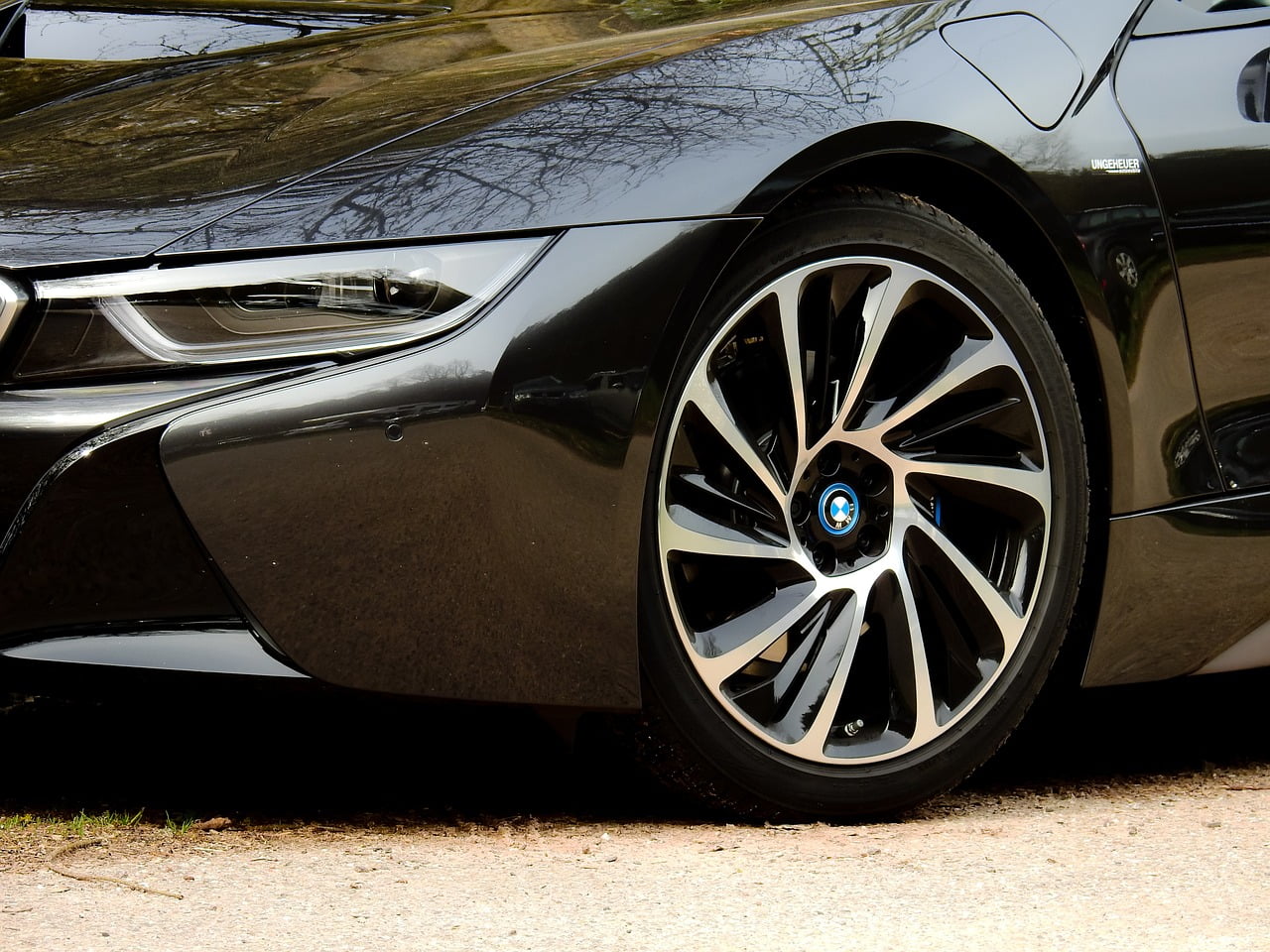U.S. Senators passed the Inflation Reduction Act, a bill that aims to fight climate change, reduce drug prices, and raise some corporate taxes. One piece of that bill would provide tax credits to consumers who purchase electric vehicles.
Requirements In The Bill
Lawmakers have received a lot of flak from that bill because the conditions could mean EVs from many companies are not eligible for the tax credit. However, consumers who are set on buying an electric vehicle may still be able to reap benefits when buying their vehicles from several companies.
Q2 2022 hedge fund letters, conferences and more
Electric sedans can't sell for more than $55,000 to be eligible for the tax credit, while the limit for electric SUVs and trucks is $80,000. Used EVs can't sell for more than $25,000 to be eligible for the tax credit. It maxes out at $4,000 for used EVs and $7,500 for new ones. The tax credit will remain in force until 2032.
The bill also imposes income restrictions on taxpayers who want to buy an electric vehicle. Single taxpayers can have a modified adjusted gross income of no more than $150,000 to be eligible, while the amount rises to $300,000 for married couples filing jointly. Head-of-household filers can earn up to $225,000.
Used EVs that are eligible for the tax credit must be at least two model years old. New EVs must be assembled in North America to be eligible. Other limitations include where the battery materials came from and a requirement that a certain portion of the battery components be manufactured or assembled n North America.
Which EVs Would Qualify?
Most news articles are focused on how many automakers will be cut off from being eligible for the tax credit, but it's important to realize that some will likely still qualify. For example, despite the fact that these are luxury cars brands, it looks like Audi and BMW both make several models that could qualify for some or all of the $7,500 tax credit.
There is only one Chrysler that appears to be eligible, and that's the Pacifica Plug-In Hybrid. Ford Motor Company (NYSE:F) appears to have four options, only one of which is eligible as a new vehicle, which is the Escape Plug-in Hybrid. The C-Max Energi and Fusion Energi would have to be used to qualify.
Certain used Honda Accord Plug-in Hybrid and Clarity Plug-in Hybrid models could qualify, as could used or 2022 versions of Hyundai Motor Company GDR (OTCMKTS:HYMTF)'s Ioniq Plug-in Hybrid, Tucson Plug-in Hybrid, and Santa Fe Plug-in Hybrid. Also certain used models of the Sonata Plug-in Hybrid might qualify.
The 2022 models of the Jeep Grand Cherokee PHEV and Wrangler Unlimited PHEV may qualify for the entire tax credit. The 2022 Kia Sorento Plug0in Hybrid might qualify, as could certain model years of the Niro Plug-in Hybrid and Optima Plug-in Hybrid.
Believe it or not, even Land Rover could have some eligible models from the 2019 through 2023 model years. Additionally, Mercedes-Benz has several models that may be eligible, as does Porsche. Some Toyota Prius hybrids and the RAV4 Prime Plug-in Hybrid purchased before Sept. 30, 2023 may be eligible.
Volvo has a long list of potentially eligible vehicles as well. For the complete list, you can check out Electrek's post here.






